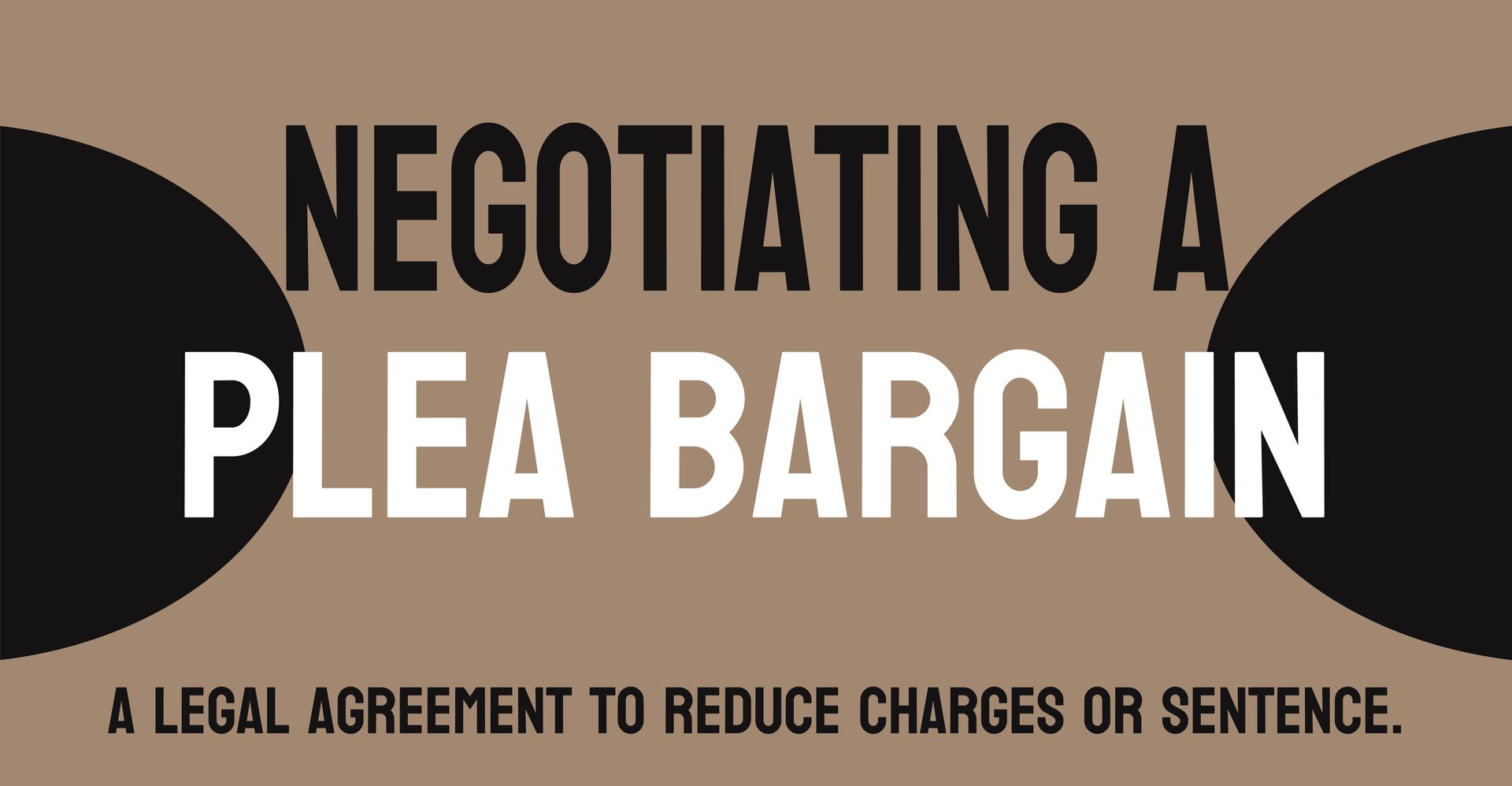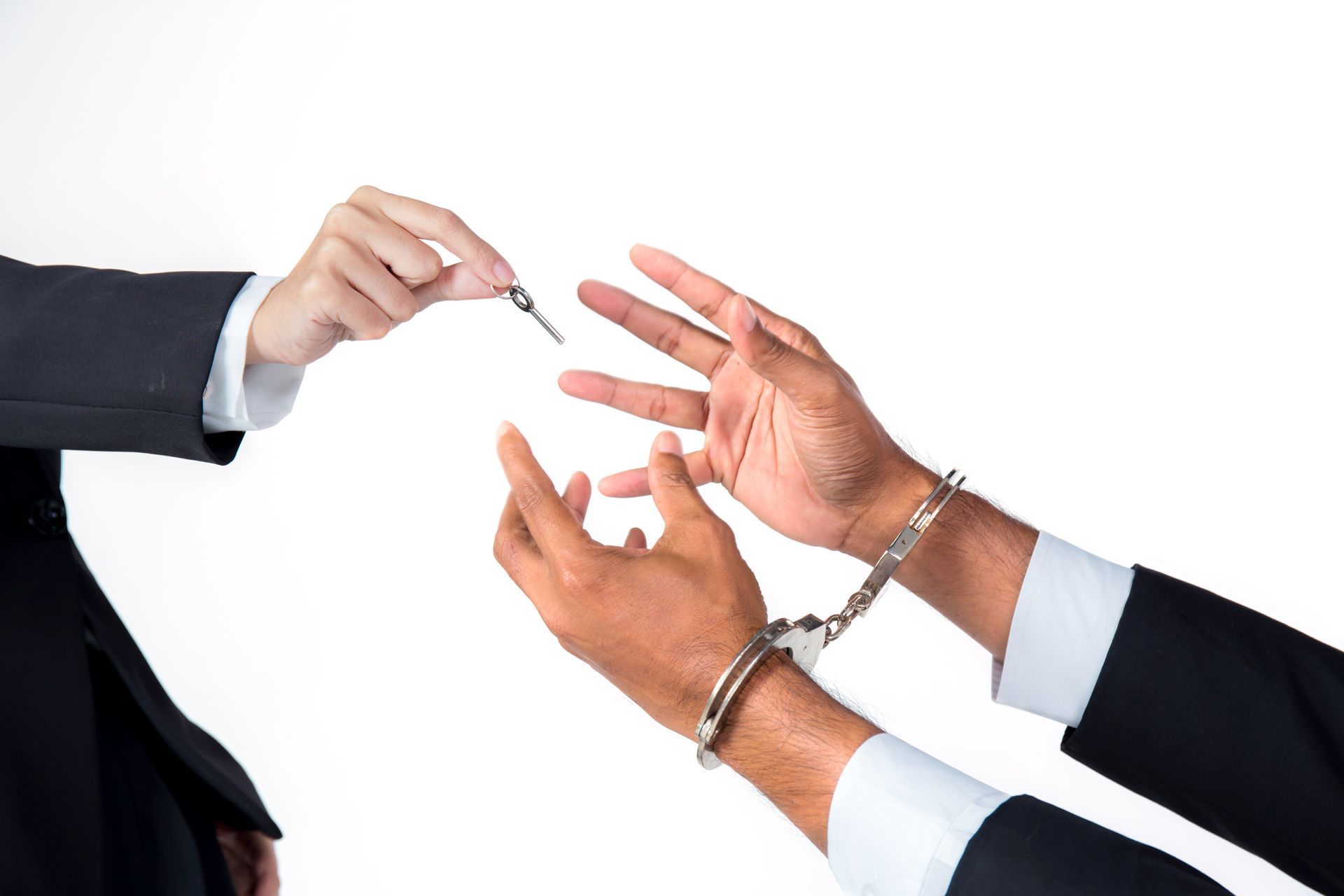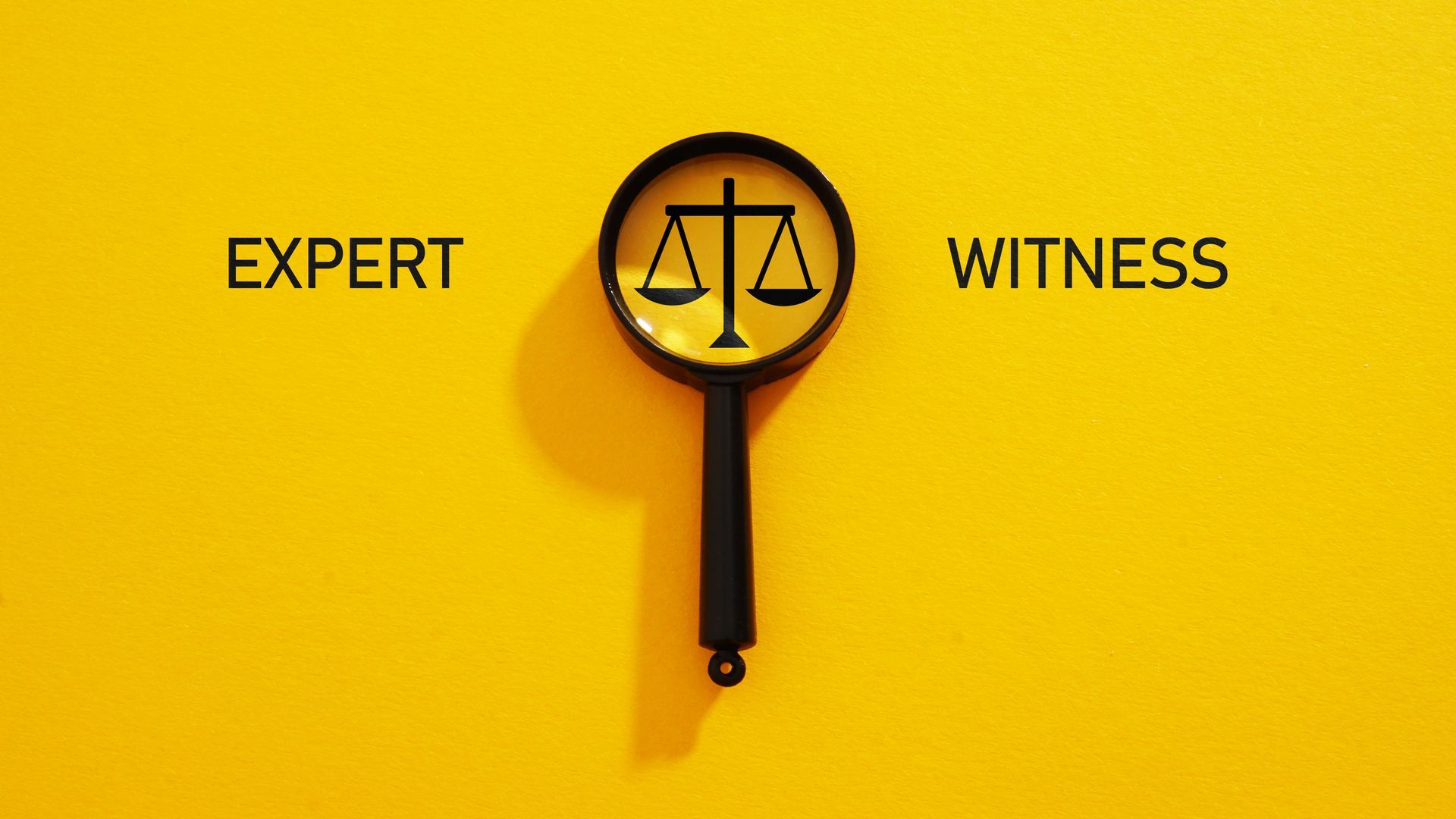How Plea Bargains Work in Arizona—And What to Consider Before Accepting One

If you’re facing criminal charges in Arizona, there’s a good chance a plea bargain will come up at some point in your case. In fact, the vast majority of criminal cases are resolved through negotiated pleas rather than jury trials.
Just because it’s the norm doesn’t mean a plea makes sense in every situation, but it does mean defendants should understand how they work, when they’re offered, and what the trade-offs may be.
What Is a Plea Bargain?
At its core, a plea bargain is an agreement between the prosecution and the defense. The defendant agrees to plead guilty, usually to a reduced charge, fewer charges, or the same charge with a lighter sentence, in exchange for avoiding a trial.
The judge must approve the agreement before it becomes binding, but judges generally accept negotiated pleas unless they believe the deal is unfair or not in the interests of justice.
When Plea Bargains Are Typically Offered
In Arizona, plea negotiations usually begin after formal charges are filed and before trial. Some offers are made early, even at the arraignment or pretrial stage, while others come later if the case looks like it will consume significant court resources.
Plea bargains are common in a wide range of cases. They may be offered in non-violent or first-time offenses, such as drug possession or property crimes, but they are also frequently used in more serious cases.
Prosecutors may extend a plea offer when evidence is strong but a trial would be lengthy, or when evidence has weaknesses that could make conviction less certain.
Who Offers a Plea Deal?
Typically, the prosecutor initiates the offer, but defense attorneys can also approach the prosecutor to negotiate. Judges do not craft the terms of plea agreements, but they are responsible for reviewing and approving any deal before it becomes final.
What Do Plea Deals Usually Look Like?
Pleas are typically customized based on the severity of the offense, the defendant’s criminal history, aggravating factors, and other variables unique to the crime. Some of the common types include:
- Reduced charges: A felony might be reduced to a misdemeanor.
- Reduced sentence:
The charge stays the same, but the jail or prison time, probation length, or fines are lessened.
- Dropped charges: The defendant pleads guilty to one count, and other charges are dismissed.
Why Are Plea Bargains Offered?
- Efficiency: They save courts time and reduce crowded dockets.
- Certainty: Prosecutors secure a conviction, and defendants avoid the unpredictability of a trial.
- Evidentiary issues: A deal may be offered if there are weaknesses in the state’s case, but prosecutors still want to hold the defendant accountable for their alleged actions.
- Resource management: Serious trials are costly and time-consuming for both the state and the accused. A plea can resolve a case without tying up weeks of court time or draining the defendant’s savings.
Risks and Considerations
- Waiving rights: By pleading guilty, you give up the right to a jury trial, the right to confront witnesses, and other trial protections.
- Permanent record: A plea is still a conviction and may carry long-term consequences for employment, housing, or education.
- Collateral impacts: Immigration status, firearm rights, or professional licenses may be affected by a conviction.
- Trial potential: If the prosecution’s case has major weaknesses, a plea may not be the best option compared to fighting the charges in court.
- The “trial penalty”: Prosecutors may offer a relatively light sentence in a plea but threaten a much harsher penalty if the case goes to trial. This sentencing gap is legal but widely criticized as coercive, since it can pressure defendants into pleading guilty even when they are innocent or have a strong defense.
When a Plea May Not Make Sense
Not all plea offers are in a defendant’s best interest. For example:
- The deal is no better than what you might reasonably expect at trial.
- Critical evidence could be challenged or suppressed, and accepting a plea forfeits the opportunity for dismissal or acquittal.
- In cases where a defendant could jeopardize their immigration status or professional licensing by pleading guilty, the negative consequences of a conviction could outweigh the immediate benefit of a reduced sentence.
Every case is different, and what looks like a “good deal” on paper may not be once all the factors are considered.
Navigating Plea Negotiations in Phoenix
Deciding whether to accept a plea is often one of the most challenging decisions a defendant will face in their entire life, especially if they are wrongly accused or have a potentially strong defense but could face a long prison sentence if they are convicted at trial.
Michael Alarid III is a Board-Certified Criminal Law Specialist who has handled countless plea negotiations in Arizona courts. If you’re facing criminal charges, call (602) 818-3110 for a free case evaluation.



